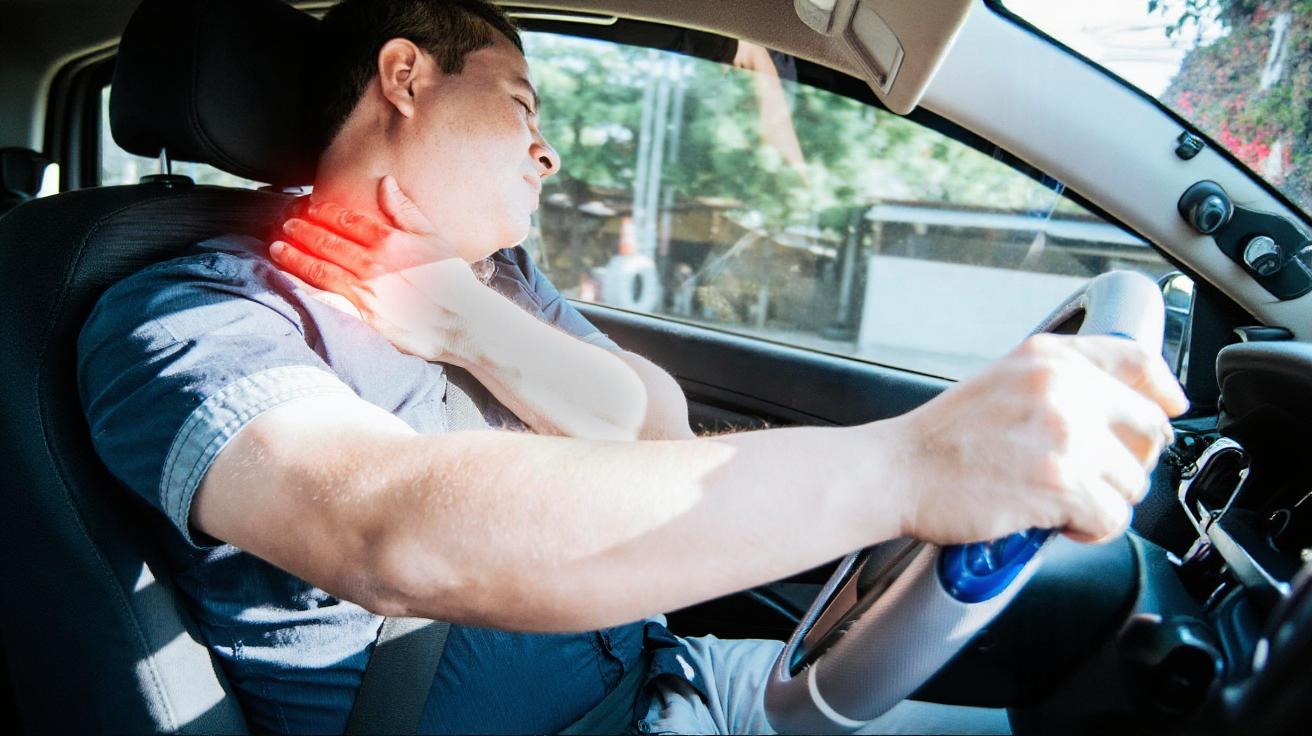
Give us a Call
(780) 801-3669

Motor Vehicle Accident (MVA) injury physiotherapy refers to a structured, medically guided rehabilitation process focused on helping individuals recover from physical injuries sustained in a car accident. These injuries may range from whiplash and joint sprains to soft tissue damage and postural dysfunction.
In the context of MVA Injury Physiotherapy in Beaumont, local clinics provide specialized services aimed at restoring mobility, reducing pain, and improving function after an accident. Treatments are often customized to suit the individual’s condition and may include a combination of manual therapy, targeted exercises, and movement education.
Many injuries caused by vehicle collisions are not immediately obvious. Pain, stiffness, or dysfunction might appear hours or even days later. Without early and structured intervention, these conditions can become chronic, leading to long-term discomfort and mobility issues.
MVA Injury Physiotherapy in Beaumont plays a critical role in minimizing complications. Timely care promotes tissue healing, prevents muscle imbalances, and helps restore normal biomechanics. It can also assist in reducing dependence on pain medications and improve overall quality of life after the trauma.
Recovery through physiotherapy typically begins with a comprehensive assessment. A physiotherapist will evaluate your symptoms, movement restrictions, and pain levels. From there, a personalized plan is developed.
The care plan may include:
Consistency and clear communication between the patient and therapist are vital. While progress varies by individual, most benefit from a proactive approach that combines in-clinic therapy with home exercises.
Unfortunately, the healing process can be delayed or compromised when certain avoidable errors occur. Below are nine common mistakes that patients should watch out for during MVA Injury Physiotherapy in Beaumont.
One of the most common errors is waiting too long to begin physiotherapy. Some individuals assume their pain will go away with rest, but untreated injuries can worsen or cause secondary complications.
With MVA Injury Physiotherapy in Beaumont, early treatment is key to reducing inflammation, improving mobility, and preventing further dysfunction. The earlier a proper plan is implemented, the better the chance for full recovery.
People often focus on their most obvious pain and overlook other symptoms like tingling, dizziness, or weakness. Failing to communicate these issues can lead to incomplete treatment.
During your sessions for MVA Injury Physiotherapy in Beaumont, always share any new or persistent symptoms. This information helps physiotherapists make more accurate assessments and adjustments to your care plan.
Recovery through physiotherapy is cumulative. Each session builds on the progress of the last. Skipping appointments can interrupt that momentum, reduce effectiveness, and slow healing.
Maintaining a consistent routine with your MVA Injury Physiotherapy in Beaumont provider is crucial. If you need to miss a session, rescheduling promptly ensures you stay on track.
Physiotherapists often assign exercises to be done at home between appointments. These routines reinforce what is done in the clinic and help maintain progress.
Neglecting these tasks is a major setback. With MVA Injury Physiotherapy in Beaumont, combining in-clinic treatment with active home participation offers the best path to recovery. Failing to follow through can result in stagnation or regression.
While motivation is good, overexerting yourself can do more harm than good. Attempting to return to normal activities or exercise before you’re ready can trigger setbacks or even re-injury.
Let your therapist guide your activity level. Trust the gradual process offered by MVA Injury Physiotherapy in Beaumont, which is designed to match your body’s healing timeline.
An often-overlooked aspect of physical recovery is emotional well-being. Anxiety, depression, and stress following an accident can impact how pain is experienced and how motivated a person feels to recover.
While MVA Injury Physiotherapyfocuses on physical healing, it’s helpful to acknowledge mental health as part of your recovery. Support from counselors or mental health professionals can complement your physical rehabilitation journey.
Many patients stop attending physiotherapy sessions as soon as their symptoms begin to improve. However, pain reduction doesn’t always indicate full recovery.
Ending treatment prematurely can leave underlying issues unresolved. The full course of MVA Injury Physiotherapy in Beaumont is designed to restore strength, balance, and mobility—not just relieve pain. Follow through with your treatment plan to reduce the risk of long-term complications.
Modalities like ultrasound, ice, or massage can help relieve pain temporarily, but they should not be the sole focus of your care. Lasting improvements usually come from active participation—strengthening, stretching, and movement retraining.
During MVA Injury Physiotherapy, passive treatments are integrated into a broader program that includes exercise and manual therapy. Engaging actively in your own recovery is crucial for sustainable outcomes.
Not all physiotherapy clinics are equipped to handle the complexity of MVA injuries. Some lack familiarity with accident-related conditions or do not offer assistance with insurance paperwork and claim processes.
Selecting a clinic that specializes in MVA Injury Physiotherapyensures you receive care from professionals who understand the physical and administrative aspects of accident recovery. This reduces confusion, streamlines documentation, and improves the quality of care you receive.
To make the most of your treatment and avoid common pitfalls:
In the aftermath of a vehicle collision, the body needs support to regain strength and function. Scar tissue, muscle imbalances, and reduced range of motion are all potential consequences that require expert intervention.
MVA Injury Physiotherapy in Beaumont helps people re-establish stability, improve movement patterns, and return to their daily lives with less discomfort. It bridges the gap between trauma and recovery by offering individualized strategies based on clinical expertise.
Recovering from an MVA requires more than time—it requires thoughtful action and consistency. Avoiding these nine mistakes during MVA Injury Physiotherapy in Beaumont can help reduce the risk of prolonged discomfort or incomplete healing. By staying proactive, communicative, and engaged, individuals can significantly improve their rehabilitation outcomes and confidently move forward after the accident.